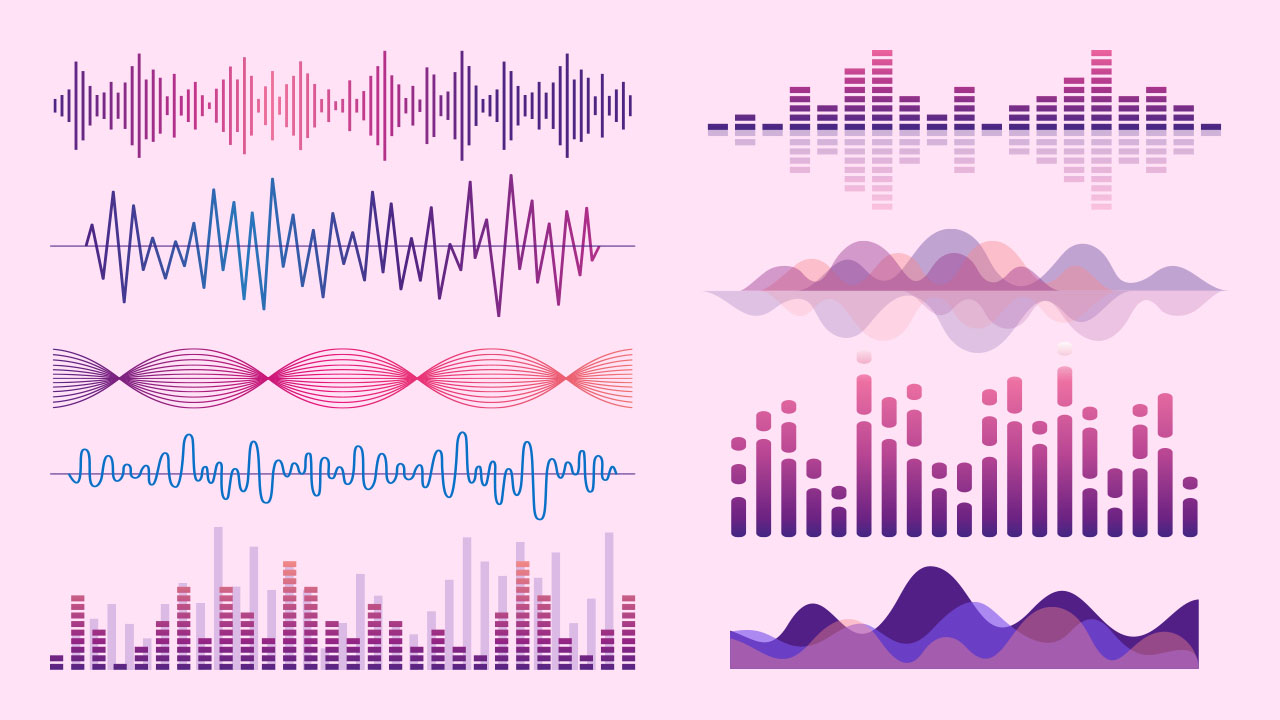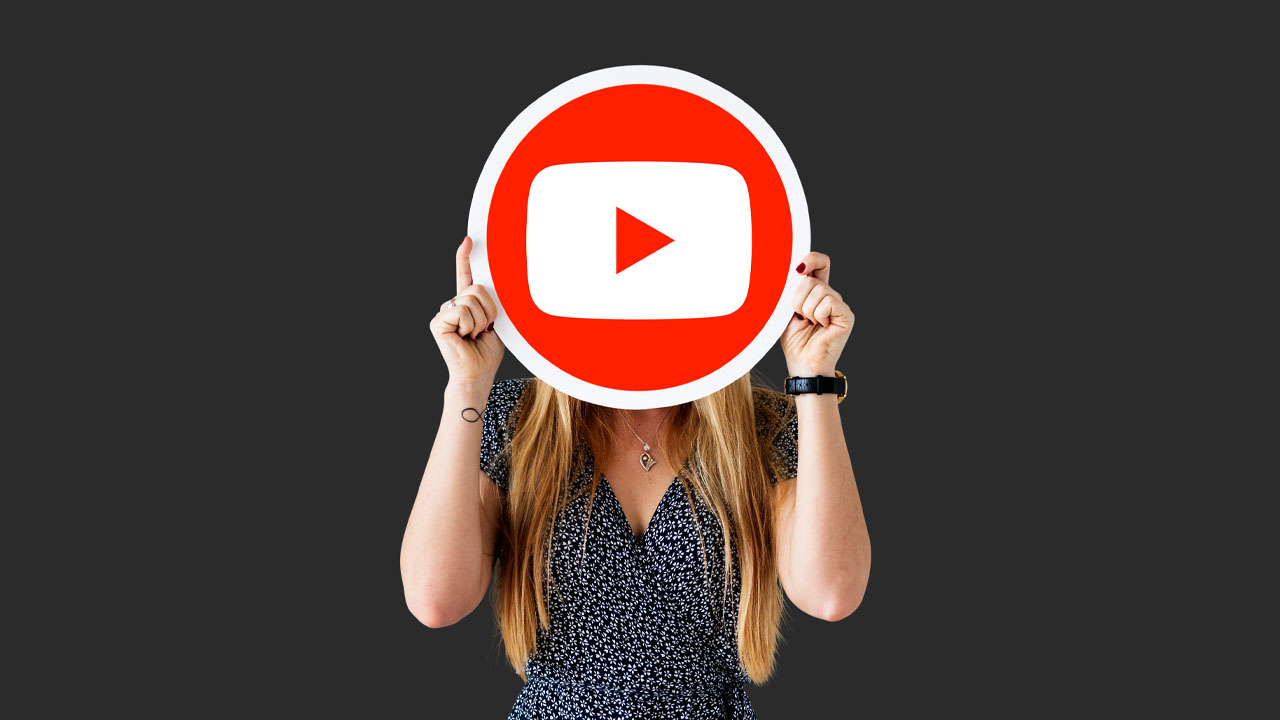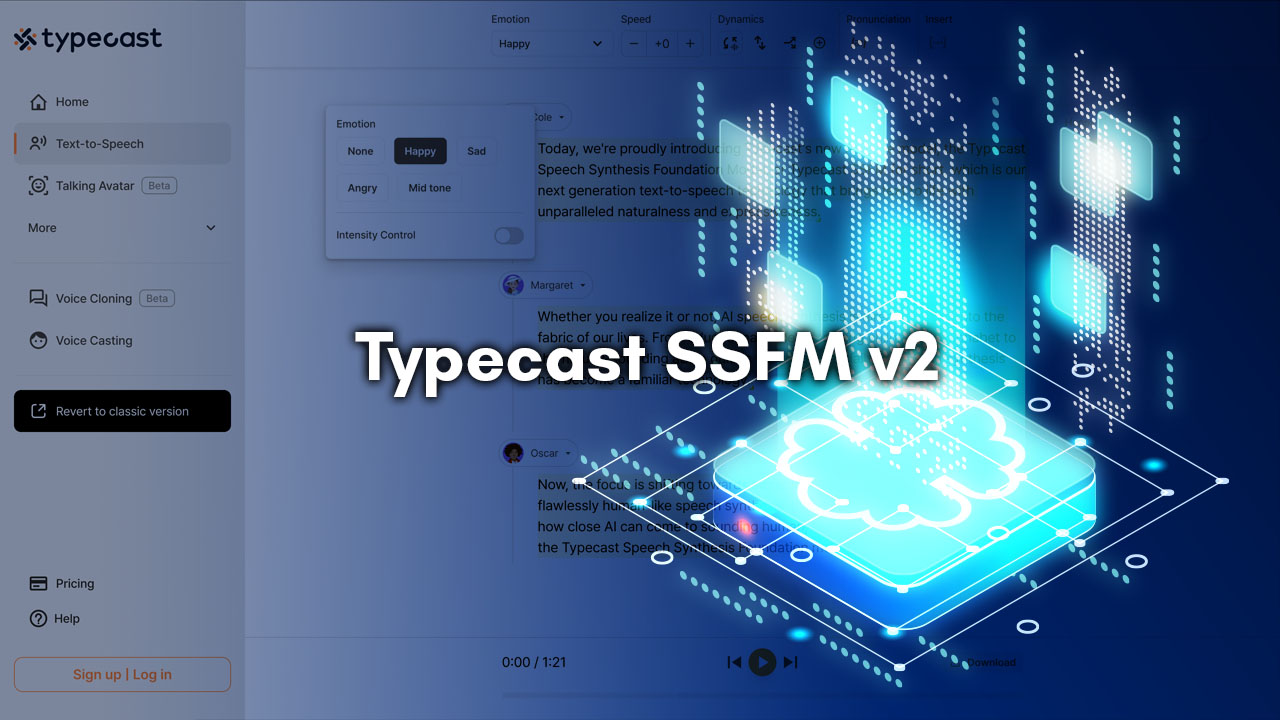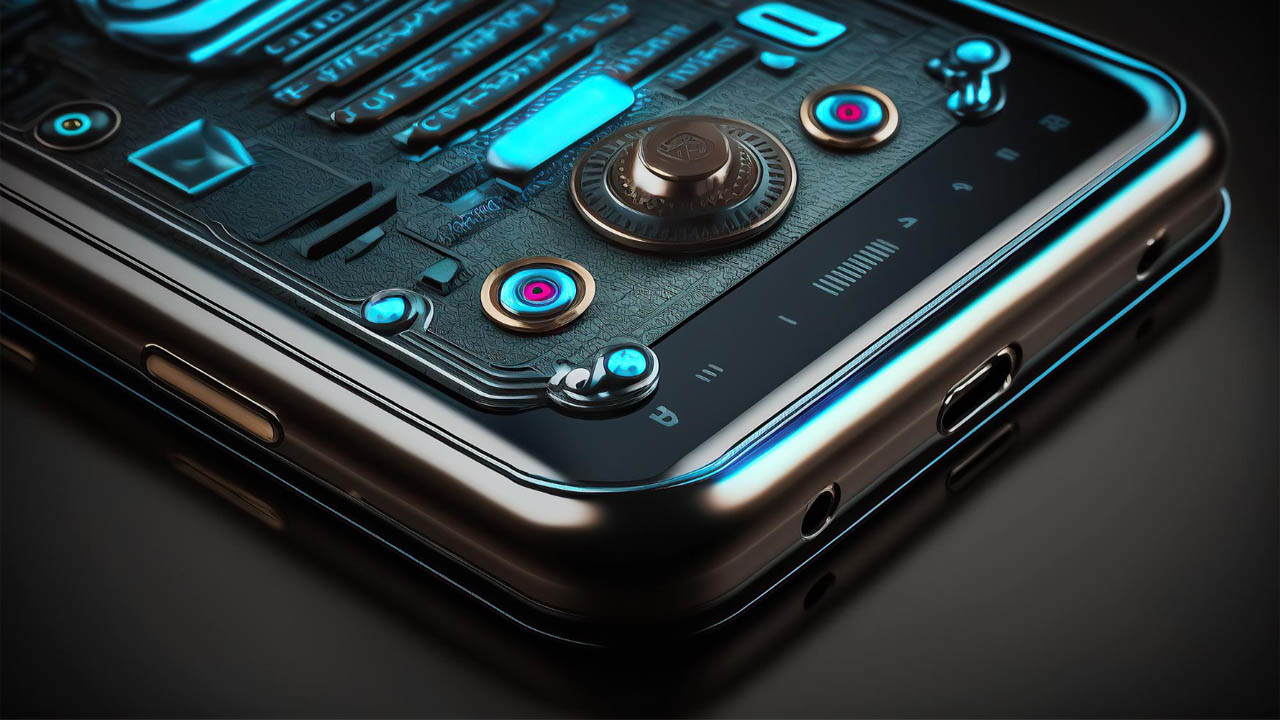Podcast.ai recently released a clip of an interview between Steve Jobs and Joe Rogan that was entirely AI-generated. “Hello freak b*tches, welcome to another episode of the Bro Jogan Experience,” booms AI Joe Rogan in a very realistic-sounding Rogan voice.
This interview is a classic example of voice cloning that has become the talk of the town in the AI world. In another example, Boet Schouwink’s deepfake video featuring Morgan Freeman’s voice is also a great representation of voice cloning.
What is Voice Cloning?
Voice cloning is the process of reproducing the voices of various public figures and artists using AI software. Any voice variations, intonations, and cadences are also recorded to replicate the clone’s voice.
Hiring a real Hollywood celebrity for your videos can not only break the bank but is also nearly impossible. However, thanks to AI, you can now easily replicate your favorite celebrities’ voices and use them for your projects. This makes AI voice cloning software not only cost-effective but also reliable for creating voice-over content.
However, it is important to be versed in the laws governing AI voice cloning. While there may not be a set law that prohibits the use of voice cloning software, however, it can pose copyright infringement risks in the future.
The Use of Voice Cloning Software

To create realistic-sounding content, creators can use voice cloning. With voice cloning software, you can mimic the voices of your favorite celebrities and media personalities.
Typecast offers a wide range of text-to-speech voices that content creators and small business owners can use for their marketing and social media content. The software allows you to use voice manipulation options to change how a text-to-speech voice sounds.
Voice cloning software is highly flexible. You can use it for various projects including video, audio files, or podcasts.
Film producers can also synthesize the voice of actors and save the voice to produce future work.
Carrie Fisher’s character in the last Star Wars movie could have benefited largely from AI voice cloning if the software was as advanced in 2014 as it is today. The film editors had to recreate the voice of Carrie Fisher as the actor died during filming. It was a challenging and painful process to match and recreate her voice with the correct intonations using pre-recorded scripts.
Imagine how efficient and incredibly easy it would have been if the directors could recreate her voice using a cloning software!
How Does Voice Cloning Work?
Every movie or TV show comes with a script. The writer writes the script and the producer brings it to life. Voice cloning works in a similar fashion, except instead of a written script, you record an audio file and the voice cloning software brings that voice to life in the form of a realistic-looking AI character.
A professional engineer or a voice artist records the whole script, whether it is 2-minute brand intro video or a 3hr audiobook. If you cannot hire a professional, it is completely fine to do it on your own, however, ensure that you have a high quality mic so the recorded voice is clear and crisp. It is also important to sit in a quiet room that is free of distractions and noises.
Record the nuances of the character’s voice such as your pitch, pauses, and expression so it can show in your AI character’s voice.
Pro tip: When creating an audio, jump into the character’s shoes and try to copy their speaking style, the variations in their speech, common words they use, and their sense of humor or any other outstanding characteristics to create a strong and consistent character.
It is also important to record the whole audio in one sitting to avoid pitch variations. For example, if you are recording at a specific pitch on a given day, you may not be able to replicate the same pitch the next day.
Once you have created the audio, listen to it to ensure there are no issues.
Lastly, feed your audio to a voice cloning software such as Typecast and generate results within minutes! Upload the video to your YouTube channel or company website.
Voice Synthesizer With Text to Speech

The use and quality of synthetic voice has vastly improved over the last couple of years. Voice synthesizers are an effective way of creating audio and video using a text-to-speech script. To create your online avatars, you have to feed text to the voice synthesizing software. This text is then used to narrate the output of your character that can be used by game developers and YouTubers. Influencers can also create voice-overs for their Instagram stories and posts.
Voice synthesizers are also beneficial to small businesses as they can create marketing content to generate leads and attract clients. Additionally, as small businesses don’t have enough funding, hiring narrators to do voice-overs for their videos can be costly. Using voice synthesizing is quite economical for small businesses.
Voice Cloning and Text to Speech
Even prior to the advent of AI technology, in the early 1980s, text to speech was used in many fields, such as medicine, engineering, and education. Students, youth, and elderly struggling with reading disabilities could learn better when assisted via text-to-speech learning model.
Text-to-speech displays the text on the screen and also reads text out loud to the listener. Combined, this approach can assist visual learners and also help students who have difficulty staying focused on text.
Voice cloning, on the other hand, uses advanced deep learning technology with complex coding and algorithms to create a clone of an existing voice. This technology is quite new but has become very popular due to its flexibility and accuracy.
As AI technology continues to evolve, the laws around it are also evolving. However, you have to be careful when cloning the voices of public figures such as actors and politicians as it can pose risks of copyright infringement.
Copyright laws protect public figures and celebrities from misappropriation and misuse of their voices for commercial gains.
AI text to speech does not replicate existing voices so you don’t have to worry about any copyright claims.
All in all, voice cloning is a great way to create realistic and creative projects for your audience, however, it is also important to use your content wisely and ethically.









